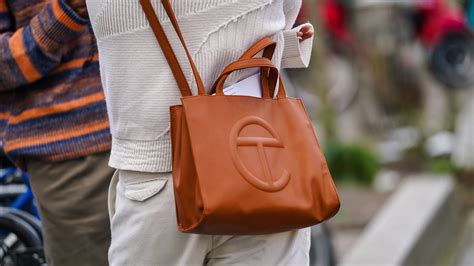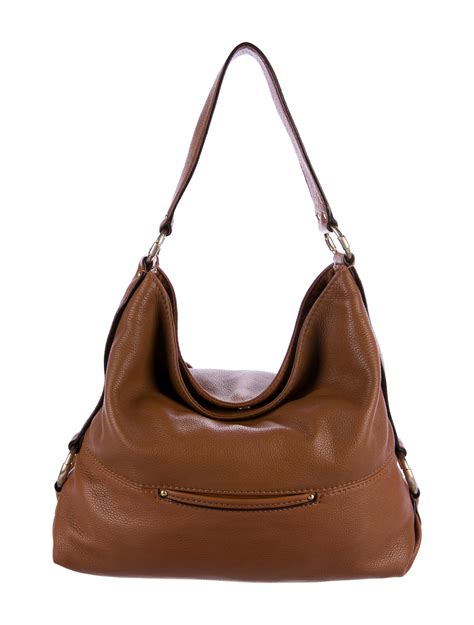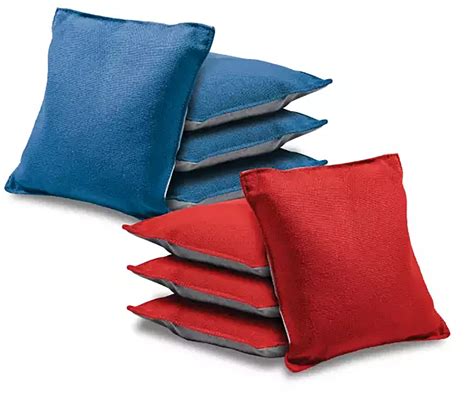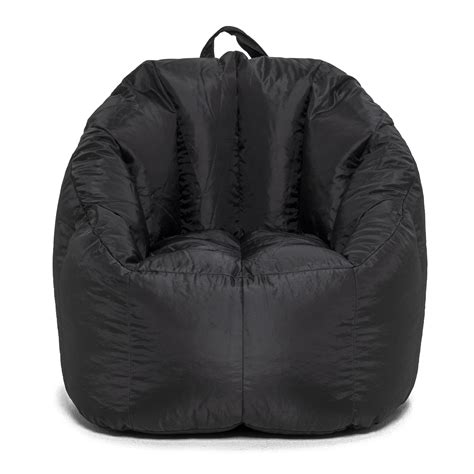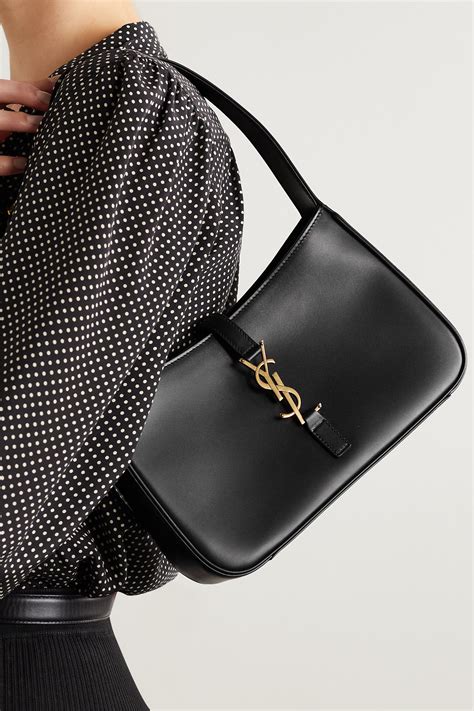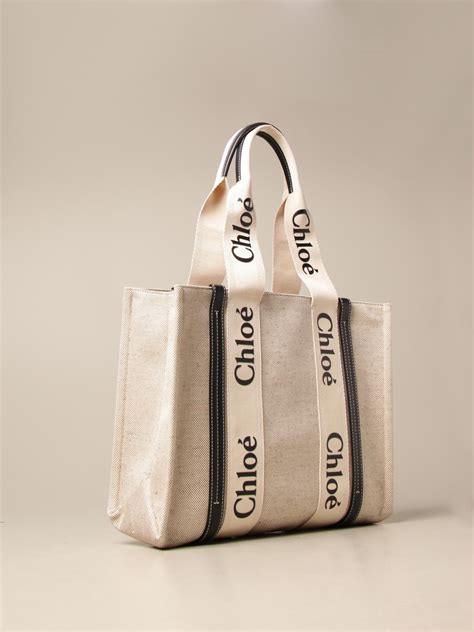gucci gucci fendi fendi prada vine | what happened to kreayshawn
$143.00
In stock
The internet is a strange and wonderful place, a breeding ground for memes, trends, and fleeting moments of virality that often burrow their way into our collective consciousness. One such moment, forever etched in the digital archives, involves a peculiar phrase: "Gucci Gucci Fendi Fendi Prada Vine." It's a seemingly nonsensical string of luxury brand names, yet it evokes a specific feeling, a nostalgic pang for a bygone era of internet culture. Why? Because for many, this phrase is inextricably linked to Kreayshawn's breakout hit, "Gucci Gucci," and the whirlwind of fame that followed.
The connection, as the provided content suggests, is immediate and visceral. The simple act of reading "Gucci Gucci Fendi Fendi Prada Vine" triggers a Pavlovian response, instantly summoning the melody of "Gucci Gucci, Louis Louis, Fendi Fendi, Prada. The whole thing was just a concoction for trauma." It's a testament to the song's impact and the power of association in the digital age. But to truly understand the significance of this viral phrase, we need to delve deeper into the song itself, the artist behind it, and the broader cultural context that allowed it to flourish.
Gucci Gucci: A Viral Anthem of Anti-Establishment Style
Released in 2011, "Gucci Gucci" was a seismic shift in the landscape of mainstream hip-hop. Kreayshawn, an Oakland-based rapper, DJ, and visual artist, burst onto the scene with a raw, unfiltered energy and a distinctly DIY aesthetic. The song itself was a rejection of the ostentatious displays of wealth and brand worship that often dominated the genre. Instead of celebrating luxury goods, Kreayshawn flipped the script, criticizing those who defined themselves by their designer labels.
The lyrics, while seemingly simple, were laced with irony and a defiant attitude. The iconic refrain, "Gucci Gucci, Louis Louis, Fendi Fendi, Prada," wasn't an endorsement, but rather a satirical commentary on the superficiality of consumer culture. She rapped about "basic bitches" obsessed with labels, contrasting them with her own unique style and independent spirit. This resonated deeply with a generation disillusioned with the status quo and craving authenticity.
The song's appeal wasn't solely based on its lyrical content. The production, a minimalist beat with a catchy hook, was equally crucial to its success. It was the kind of track that got stuck in your head instantly, making it perfect for repeat listens and viral sharing. The accompanying music video, shot in a low-budget, guerilla-style manner, further solidified Kreayshawn's image as an outsider and a rebel.
"Gucci Gucci" quickly gained traction online, spreading like wildfire across social media platforms. YouTube views skyrocketed, and the song became a staple of parties and playlists. It wasn't just a song; it was a cultural phenomenon, a rallying cry for those who rejected mainstream norms and embraced individuality.
The Kreayshawn Phenomenon: From Oakland to the Mainstream (and Back Again)
The success of "Gucci Gucci" catapulted Kreayshawn into the spotlight. She signed a record deal with Columbia Records, a major label eager to capitalize on her viral fame. Suddenly, she was thrust into the world of red carpets, magazine covers, and collaborations with established artists.
However, the transition from underground artist to mainstream celebrity proved to be challenging. Kreayshawn's unique style and unconventional personality, which had initially been her greatest assets, were now seen as liabilities by some in the industry. There were attempts to mold her into a more palatable pop star, but these efforts ultimately backfired.
Her debut album, "Somethin' 'Bout Kreay," released in 2012, failed to meet expectations. Critics were divided, and the album lacked the raw energy and authenticity that had made "Gucci Gucci" so captivating. The commercial failure of the album marked the beginning of Kreayshawn's decline in mainstream popularity.
What Happened to Kreayshawn? A Story of Authenticity and Resilience
The question "What happened to Kreayshawn?" is a common one, often tinged with a sense of curiosity and perhaps a hint of disappointment. The answer, however, is more nuanced than a simple rise and fall narrative.
Kreayshawn didn't disappear entirely. She continued to make music, albeit on a smaller scale, independently releasing tracks and collaborations. She also explored other creative avenues, including directing music videos and pursuing her passion for visual art.
Perhaps the most important aspect of Kreayshawn's story is her refusal to compromise her artistic vision. She resisted pressure to conform to industry standards and remained true to herself, even when it meant sacrificing mainstream success. In a world that often rewards conformity, her commitment to authenticity is admirable.
Where is Kreayshawn Now? Embracing Independence and Creativitygucci gucci fendi fendi prada vine
Today, Kreayshawn continues to create and express herself on her own terms. She remains active in the music scene, collaborating with underground artists and releasing independent projects. She's also embraced her role as a visual artist, showcasing her work in galleries and online.
While she may not be a household name anymore, Kreayshawn's impact on internet culture and hip-hop is undeniable. "Gucci Gucci" remains a timeless anthem for those who reject conformity and embrace individuality. Her story serves as a reminder that success is not always measured by mainstream popularity, but rather by artistic integrity and personal fulfillment.
Additional information
| Dimensions | 7.7 × 3.1 × 3.7 in |
|---|

